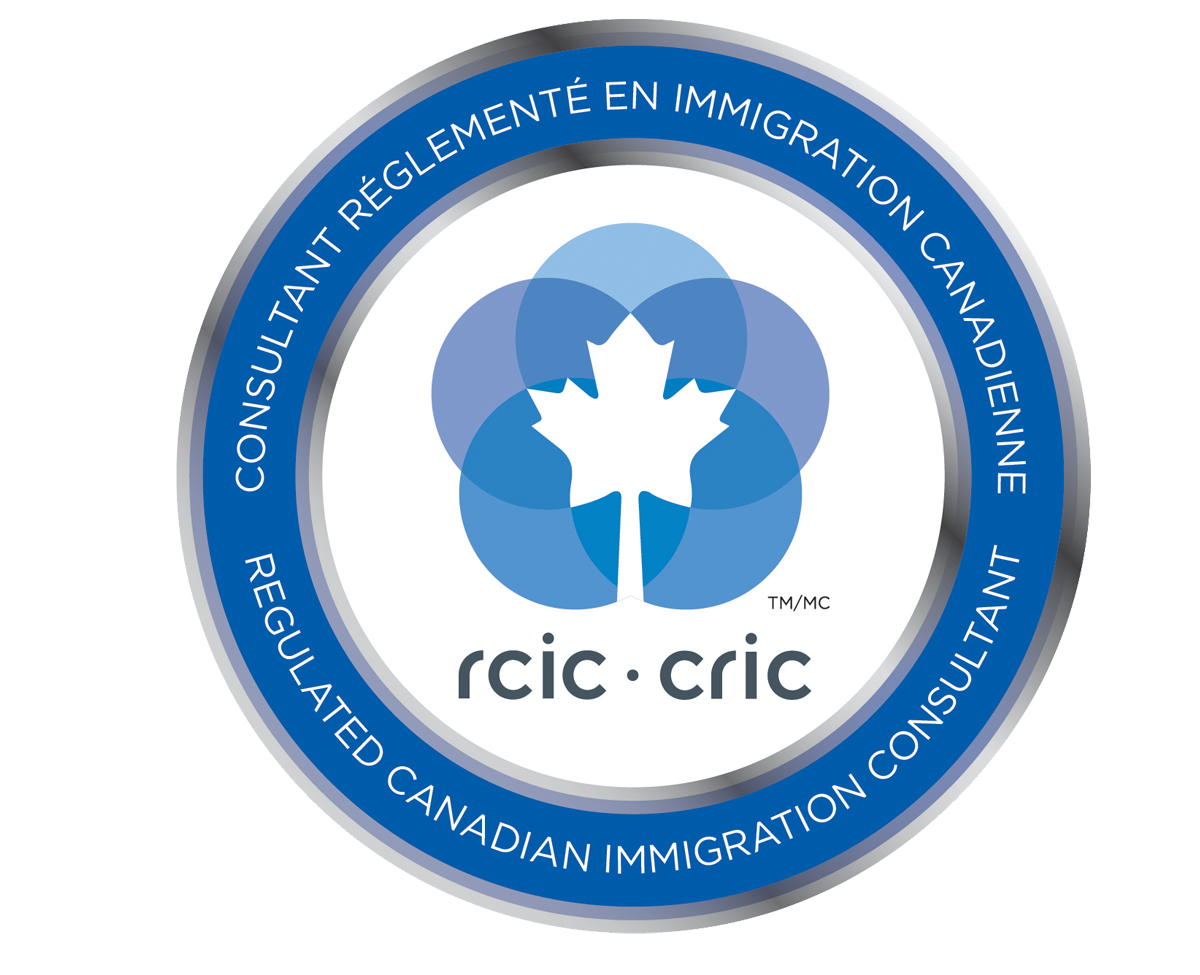Labour Market Impact Assessment (LMIA
The approval from the government comes in the form of a document know as a Labour Market Impact Assessment (LMIA), formerly known as a Labour Market Opinion (LMO).
A positive LMIA is issued to the employer, on determining by a Program Officer of the “Employment and Social Development Canada” (ESDC)/Service Canada, that the hiring of the foreign worker will have positive or a neutral effect on the Canadian labour market. Also that no qualified Canadians were passed on in favour of the foreign worker and that the foreign worker will be given salary and benefits that meets the federal and provincial standards.
The LMIA process varies depending on whether the foreign worker being hired is in a “high-wage” or “low-wage” position. The foreign worker being paid under the provincial/ territorial median wage is considered to be “low-wage” position, while those being paid at or above the median wage is considered to be “high-wage” position. Depending on whether it’s a high-wage or low-wage position, certain specific conditions apply.
Primarily the Canadian employer must demonstrate that they have attempted to find qualified Canadian citizens or permanent residents to fill positions prior to offering the job to the foreign worker.
Note: The employers may be subjected to inspections, for compliance to govt. regulations after a positive LMIA has been issued and the foreign worker has begun working in Canada. Inspections may be conducted during a period of six years beginning on the first day of the period of employment of the foreign worker.
Check out the below links for details:
- Labour Market Impact Assessment Fee
- Advertising Requirements
- Median Hourly Wages by Province/Territory
- Low-Wage Workers
- High-Wage Workers
Labour Market Impact Assessment Fees
Employment and Social Development Canada (ESDC)/Service Canada, charges a fee of $1000 for every temporary foreign worker position requested by the employer, towards cost of administering the LMIA. The fees are to be borne entirely by the employer who use the program.
The fee will be evaluated on an ongoing basis, and necessary adjustments will be made to ensure that it continues to fully cover the costs of the TFWP.
Additionally, Employment and Social Development will be seeking the authority to impose an estimated $100 privilege fee on employers applying for LMIAs to offset the costs of Government of Canada investments in skills and job training.
Advertising Requirements
Employers must advertise the job vacancy across the Canadian job market for at least four weeks during the 3 months prior to applying for an LMIA. Employers must advertise on Canada’s Job Bank or its provincial/territorial counterpart. Additionally, employers are required to prove that they have used at least two other recruitment methods. Employers must also target under-represented groups, such as First Nations, newcomers or persons with disabilities.
English and French are the only languages that can be determined as job requirements, both for LMIAs and for job vacancy advertisements, unless the employer can prove that another language is otherwise required for the position.
Employers are also required to submit a transition plan, along with the LMIA application, for high-wage positions. This transition plan must indicate how the company plans to reduce its dependence on temporary foreign workers in the future. Proof of investment in skills training / hiring Canadian apprentices are examples of how employers can prove this.
Alternatively, employers can demonstrate how they are assisting their high-skilled foreign worker(s) in becoming Canadian permanent residents. At any time during an inspection, if chosen, or if the employer applies for a new LMIA, they will be required to provide a report on the progress of the transition plan that they have submitted.
Median Hourly Wages by Province/Territory
| Province/Territory | Wages prior to April 29, 2016 2014 Wage ($/hour) | Wages as of April 29, 2016 2015 Wage ($/hour) |
|---|---|---|
| Alberta | $25.00 | $25.38 |
| British Columbia | $22.00 | $22.60 |
| Manitoba | $19.50 | $20.00 |
| New Brunswick | $18.00 | $18.50 |
| Newfoundland and Labrador | $21.12 | $20.91 |
| Northwest Territories | $30.00 | $31.25 |
| Nova Scotia | $18.85 | $19.00 |
| Nunavut | $29.00 | $28.92 |
| Ontario | $21.15 | $22.00 |
| Prince Edward Island | $17.49 | $18.00 |
| Quebec | $20.00 | $20.60 |
| Saskatchewan | $22.00 | $22.80 |
| Yukon | $27.50 | $28.51 |
Low-Wage Workers
Employers seeking to hire low-wage workers are required to follow a set of guidelines that are different from employers hiring high-wage workers.
Employment and Social Development Canada (ESDC)/Service Canada, in restricting the employers access to the TFWP, while ensuring that Canadians are always considered first for available jobs, introduced a cap on the number of low-wage foreign workers a business may employ. Employers with 10 or more employees applying for a new LMIA are subject to a cap of 10 percent on the proportion of their workforce that can consist of low-wage temporary foreign workers.
Employers seeking to hire foreign worker at a wage below the provincial/territorial median hourly wage must:
- pay for round-trip transportation for the temporary foreign worker;
- ensure affordable housing is available;
- pay for private health insurance until workers are eligible for provincial health coverage;
- register the temporary foreign worker with the provincial/territorial workplace safety board; and
- provide an employer-employee contract.
As of April 30, 2015, the Temporary Foreign Worker Program uses the latest Labour Force Survey results for the unemployment rates in regions across Canada. These rates determine which regions are eligible for employers to submit Labour Market Impact Assessments (LMIAs) for low-wage/lower skilled occupations in the Accommodation and Food Services sector and the Retail Trade sector. LMIA applications for these sectors will not be processed in economic regions where the unemployment rate is 6 per cent or higher.
Given its unique labour market conditions, and as requested by the Government of the Northwest Territories, applications in these sectors for positions located in Yellowknife will be accepted for processing.
High-Wage Workers
Employers seeking to hire high-wage workers must submit a transition plans along with their Labour Market Impact Assessment (LMIA) application to ensure that they are taking steps to reduce their dependence on temporary foreign workers over time. High-wage workers are those earning above the median hourly wage for a given occupation in specified region.
The transition plans are designed to ensure that employers seeking foreign workers are fulfilling the purpose of the program. This entails that they are using the program as a last and limited resort to address immediate labour needs on a temporary basis when qualified Canadians are not available, ensuring that Canadians are given the first chance at available jobs.
Free Consultation
Relocating to another country and starting a new life is a challenging decision. Canada is a great country to live in, yet starting up all over in Canada too involves many challenges and uncertainties. The process might be cumbersome and sometimes quite complex that requires expertise to deal with.
At Noaisys we simplify your immigration process to Canada.
Contact…



